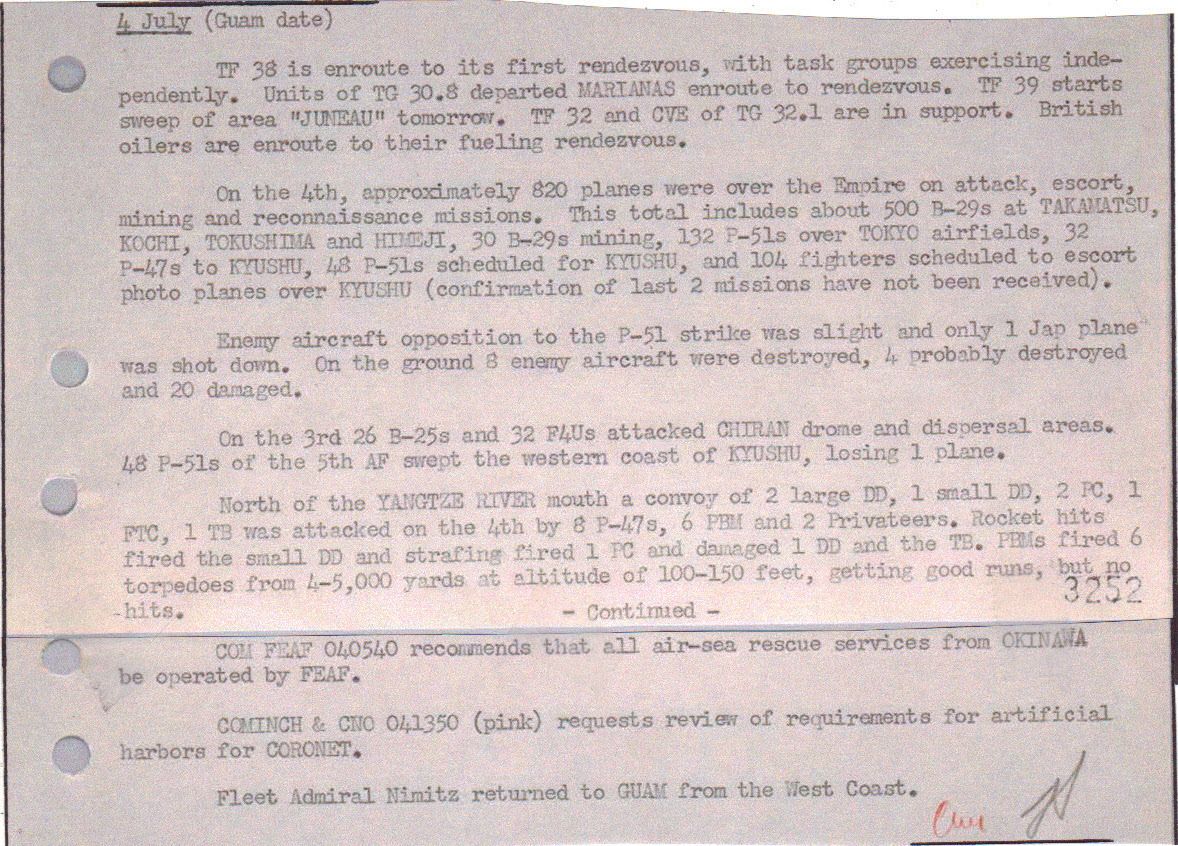
Elliot Roosevelt Investigated for loans
https://en.wikipedia.org/wiki/Elliott_Roosevelt
Most famously, Elliott claimed that he nearly lost his life when flying through the fireball of the explosion that killed Joseph P. Kennedy, Jr. in August 1944. Air Force records show that a Mosquito photographic airplane did indeed suffer this dramatic fate, but its crew was a pilot and a photographer under Roosevelt’s command, and Elliott’s participation is unmentioned in official accounts.[31]
Elliott’s New York Times obituary claimed that he had been twice wounded, and his widow had written (I Love a Roosevelt, 1965) that he had received four purple hearts (”for each of the four times he was wounded”). His discharge papers explicitly state that he was not wounded (although he had close calls in aircraft). Consequently, the Veterans Administration rejected his disability claims.[13]
https://en.wikipedia.org/wiki/John_Augustine_Hartford
During these events, in March 1939 Hartford received a call from a friend of President Franklin D. Roosevelt (FDR) inquiring if John was interested in loaning the President’s son, Elliott Roosevelt $200,000 to invest in Elliott’s foundering broadcasting network, the Texas State Network. When the President’s son met with Hartford, John was reluctant to help him out and insisted that the President approve the transaction. In an arranged move, Elliott said “Let’s get Dad on the phone,” and called FDR in Warm Springs, Georgia. The President (who did not know Hartford) began the conversation with “Hello John!” He assured Hartford that he knew all about the matter, and that it was a sound investment. Despite the furious opposition of brother George Hartford, John felt he could not refuse the deal, especially as the Patman bill was still pending. After the loan, the White House arranged for the defeat of the bill in Congress. However, Elliott’s broadcasting network, for which he had also obtained other loans in return for political favors, went bankrupt by the end of 1939.
In late 1941, after Elliott had joined the Army, the President asked Jesse Jones to negotiate settlements with his son’s creditors. Though he later said he assumed the President would back up Elliott’s debts, Hartford, influenced by the outbreak of war, in March 1942 agreed to accept $4,000 and then wrote off the remaining $196,000 on his taxes. He also agreed to give up his security in TSN stock, which Jesse Jones represented as “worthless.” Hartford soon found that the stock rose rapidly after Elliott left the network and was in fact worth far more than the loan. In his memoir Fifty Billion Dollars, Jesse Jones detailed the matter and asserted that FDR had manipulated him into settling the deal with Hartford and two other major creditors.
The Federal Bureau of Investigation under J. Edgar Hoover had been aware of Elliott’s schemes from the beginning. The Hartford loan scandal, which involved several other parties, was discovered by Congressional subcommittees investigating the U.S. Federal Communications Commission (FCC) in 1943, but FDR’s top aide (then in private practice) Thomas Corcoran succeeded in keeping it under wraps until after FDR’s death in April 1945. On wiretaps, Corcoran is heard saying that if the case (and related FCC matters) had broken in 1944, it would have finished FDR politically. However, soon after FDR’s death John Hartford agreed to talk to syndicated columnist Westbrook Pegler about the matter, and a major investigation was launched, thanks to which the financial details are known today.
The matter caused bitter public controversy in August 1945, but in Congress the Democratic majority shelved the matter, though registering a blistering Republican minority opinion. Both sides agreed Hartford’s tax deduction was probably legitimate but Republicans contended that the President’s son should have reported the debt forgiveness as income.[1] Hartford testified to the Bureau of Internal Revenue that he never would have issued the loan without the President’s personal assurances, and that he assumed FDR’s word was “as good as S&P.” Although he maintained that the Patman bill would have bankrupted A&P, he absolutely denied that he dealt with Elliott and Jones in order to obtain political favors.